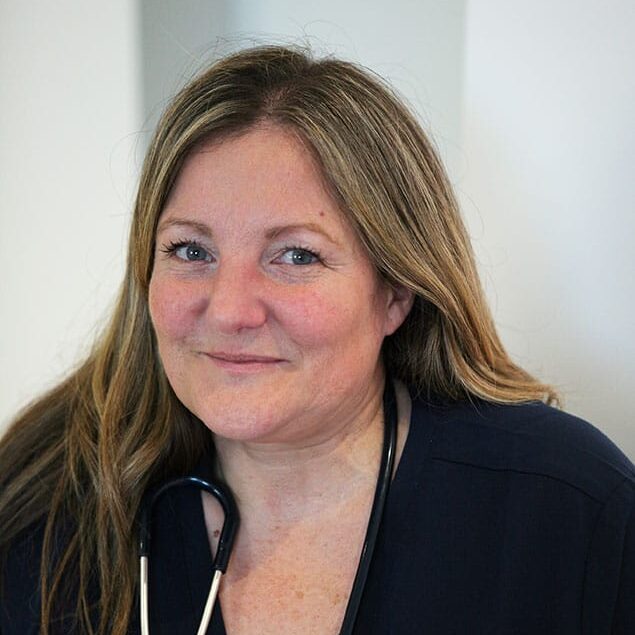As a GP, dementia is a condition that I come across on a daily basis. In the early stages it can be difficult to spot. I have noticed patients often put off seeing us as they are “not bad enough yet”, or they put it down to “I’m just getting old”, or sometimes it is merely the thought that it may be dementia that terrifies them and it is ‘easier’ not to know.
What we also need to remember, is that problems with memory are not always dementia and so blood tests should be being done to exclude other causes.
So what is dementia?
When people think of dementia they often think of Alzheimer’s disease and although this is the most common form of dementia it is not the only one.
It is important to recognise that dementia is not a specific disease but actually a general term used to describe a decline in cognitive abilities severe enough to interfere with a person’s daily life.
Each type of dementia has its characteristics, but many share common early signs.
What are the early signs?
- Memory loss – it may seem obvious, but it may only be mild, for example recalling things that they have done recently.
- Problems with communication or language – this may be trouble following a conversation or struggling to find the right words, leading to frequent pauses or repeating themselves.
- Being confused about time and place – for example, forgetting where they are, or maybe losing track of the time or date.
- Mood changes – this could include becoming unusually irritable or anxious, being sad or becoming frightened and dwelling on things.
- Difficulty concentrating or completing familiar tasks – Completing everyday tasks, such as driving to a familiar location or managing household chores, may become increasingly challenging.
- Difficulty with Problem-Solving – a person may struggle with tasks that require planning or problem-solving, such as following a recipe or managing finances. This can lead to frustration and confusion
3 Reasons Why to Act Early?
- Timely Diagnosis: Early intervention can slow progression and improve quality of life.
- Future Planning: Allows for important legal and financial decisions to be made.
- Access to Support: Opens doors to resources and caregiver help.
Book a GP Appointment
If you or a loved one notice these signs make a GP appointment to go over them and get help. Staying informed, engaging in cognitive activities, and maintaining a healthy lifestyle are vital. Let’s break the stigma and support one another!






